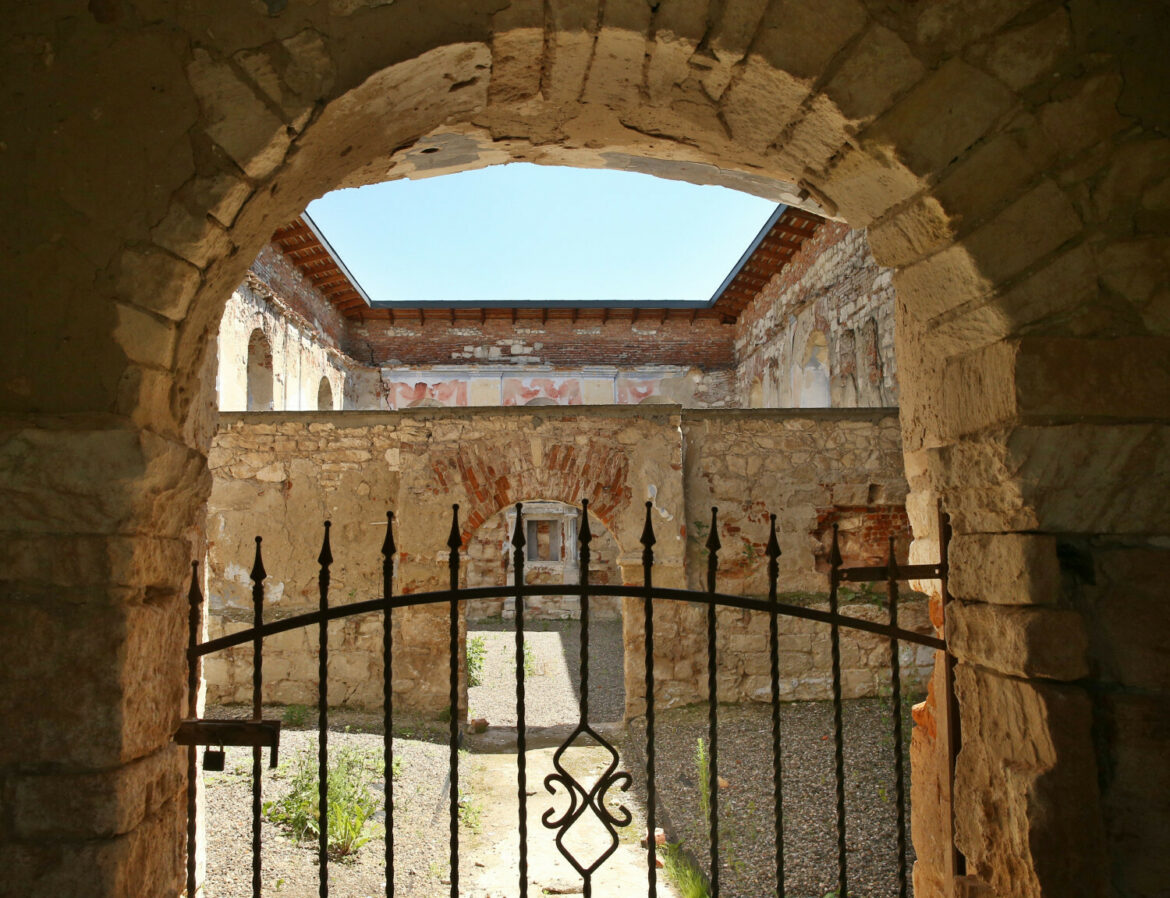When Stephen Báthory became the king of Poland on May 1, 1576, his mind was occupied with many pressing issues. However, he found time to save the fate of falsely accused Jews.
Stephen Báthory was elected as the king by the nobility of the Polish-Lithuanian Commonwealth, i.e. the joint Polish-Lithuanian state; in an election in which any nobleman could freely participate. This method of electing a king, without inheriting the throne by the eldest son, was one of the most democratic in the world at that age and was far ahead of its time.
Lies About Jews Kidnapping Children
During the Middle Ages and the early modern era, Europe was swept by the waves of lies and false accusations against Jews. The followers of Judaism were accused of kidnapping and murdering Christian children to obtain their blood for matzah, which was eaten on Passover. False accusations often led to the pogroms and the death of innocent Jews.
Such lies reached Poland from Western Europe and also spread throughout the Polish- Lithuanian Commonwealth. The king of Poland – Stephen Báthory decided to firmly oppose those false accusations.
Batory’s decree
In the summer of 1576, in the Polish-Lithuanian Commonwealth, people talked about the mysterious death of the son of a nobleman Studzeński. Rumors accused the local Jews of kidnapping the boy.
This case was examined by Stephen Báthory himself. Two months after he became king, on July 5, 1576, he issued a decree in which he firmly stated that the Jews were not guilty of the crimes against Christian children. He also threatened that the people falsely accusing followers of Judaism of ritual murder would face severe penalties – including capital punishment. He pointed out that such accusations have no factual basis as Jews do not need the blood of Christians to perform their rituals.
He also stressed that harassing Jews was at odds with the policy of earlier Polish rulers who had granted the Jewish community many privileges.





